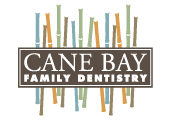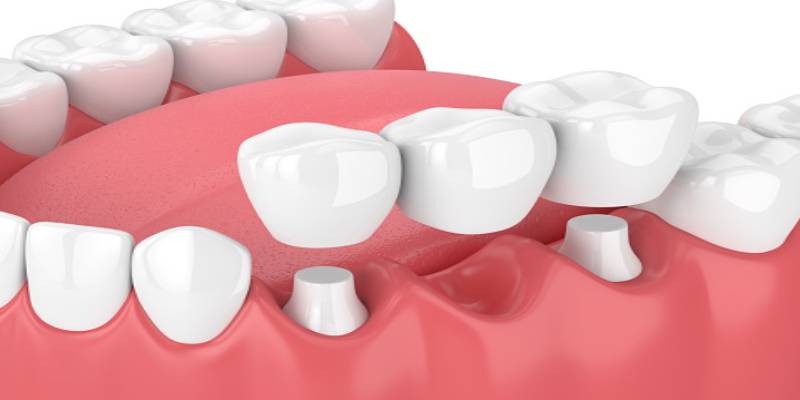Unexpected tooth loss can be embarrassing and can negatively affect your self-esteem, but the fact is, losing a tooth is not just a cosmetic problem. It can also impair your quality of life, making simple things that you once took for granted a unique and unpleasant challenge.
For instance, tooth loss can make it harder to speak and articulate clearly, biting and chewing may become more difficult, and you may start to notice your remaining teeth starting to drift into the vacated spot left behind by your missing tooth. Over time, your remaining teeth may get loose and fall out. If you have lost one your permanent adult teeth, you may be wondering what your treatment options may be.
We here at Cane Bay Family Dentistry have seen firsthand the many benefits of dental bridges, allowing our patients to get an attractive, durable, and long-lasting restoration for their lost tooth.
A dental bridge is a specialized type of permanent prosthetic dental restoration. Unlike partial dentures, a fixed dental bridge cannot be removed from your mouth for cleaning. Instead, you can brush and floss around them like you would take care of a normal tooth. Dental bridges get their name because they “bridge” the gap left behind by lost teeth. Most dental bridges normally consist of a crown and a pontic (the prosthetic tooth), depending on the type of bridge.
There are four main types of bridges. The most common type of fixed dental bridge is called a traditional bridge. A traditional dental bridge typically consists of two crowns, one on either side of the pontic, which covers the two supporting teeth on both sides. A less common type of bridge is the cantilever bridge. We use a cantilever bridge when there is only one tooth on the side of the gap. While they can be helpful, we do not use them as often as they can cause strain on the supporting tooth.
Another type of dental bridge is called a Maryland bridge. These are very conservative and less intensive than regular dental bridges. Instead of using crowns to sustain the pontic, a Maryland bridge is instead attached by a piece of the framework. This framework, which resembles wings or brackets, is attached behind the supporting teeth. A Maryland bridge is not recommended for molars, as they are not as strong as other types of bridges.
Patients who are missing many teeth may need an implant-supported bridge. They are similar in concept to traditional bridges, but because the patient does not have their natural tooth to support the pontic, we will instead place a dental implant into the jaw to help support it.
Dental bridges can not only improve your appearance, helping you look younger and more attractive; they can also make it easier to talk, eat, and enjoy your normal day to day activities. To learn more about dental bridges, or to schedule an appointment with us to determine if you may be a good candidate for a bridge, please give us here at Cane Bay Family Dentistry a call at (843) 352-4454 today!



